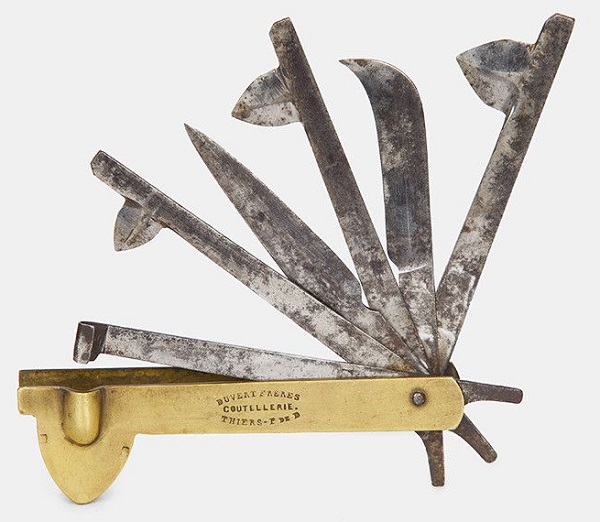FWP:
SETS == WORDPLAY
DESERT: {3,1}
The first line is awesomely, Ghalibianly, in-your-face opaque. It's so impossible to make anything out of it, that we can't even tell whether the abstract noun reshagii has been made from reshah , which seems appropriate to the shape of the veins, or resh , which might be appropriate to someone walking painfully (barefoot?) in the harsh desert. (See the definitions above.) We're forced to wait desperately-- and, under mushairah performance conditions, as long as conveniently possible-- for the second line to clarify the situation.
And does it? Of course it doesn't. When I read Faruqi's commentary, I found myself not as satisfied as he is. He interprets the verse as a sarcastic sneer at Laila's lack of loyalty and devotion to Majnun: her veins would never open for him, the way his (in the story cited by Bekhud Mohani) opened for her. That's certainly more satisfactory than what most of the commentators say, but it hardly feels definitive. For after all, the ambiguous situation depicted in the first line is so thoroughly different from the clear-cut story (her vein is opened, he bleeds) on which the verse is purportedly based. Why would we think of Laila as wandering (barefoot, so her feet are vulnerable) in the 'dust of the desert of Majnun' anyway, if she's not a true lover? The main thrust of the traditional story shows us that she in fact is a true lover; along these lines, consider {104,1}. If the verse is going to taunt her for inadequacy, it needs a strong and clear reason-- which is exactly what it fails to provide.
Here's another possibility: perhaps Majnun is so identified with his desert that by an extension of his own passion, even the dust of his desert 'loves' Laila. Deserts are damaging environments, but not a single speck of dust in his desert would ever wound Laila! Not unless other impossible things would also happen-- and here we get Faruqi's sarcastic reading of the second line. Not, in effect, till 'all the seas run dry' and 'the rocks melt with the sun', as Burns would put it. And then we notice one more dimension: the source of the impossible, paradoxical, deadly danger, hypothetical as it is, is even then not the desert, but the 'farmer', practicing some kind of inhuman but 'human' cruelty quite alien to the behavior of the desert. Surely we are to think of the contrast between the devotion of Majnun's desert to Laila, and the (rhetorical, hyperbolic) cruelty of the human intruder into it.
Still, the verse is so difficult and obscure that it's well below his usual level. For an all-time-great one about Laila and Majnun and
Majnun's desert, see {138,1}.
ABOUT nashtar : To open a vein in the forearm with a thin, sharp-bladed instrument called a lancet or fleam [nashtar]),
and then to let out fairly large quantities of blood into a basin before binding up the incision, used to be a common medical treatment that was thought to be beneficial
for a number of illnesses. The illnesses so treated included madness, which was thought to result from
an excessive pressure on the brain that blood-letting might relieve. For an example of the medical use of the lancet
to treat madness, see {14,3}; for other lancet verses, see {47,3x}; {103,3x}; {125,9}; {209,3} // {242x,5}; {256x,2}; {271x,2}; {366x,4}. An example from Mir: M{54,9}. For a thorough, and illustrated, overview of the history of the treatment, see *Bloodletting Instruments in the National Museum of History and Technology*.

Nazm:
In this verse is a reference to the famous story of Laila's being bled, and Majnun's veins pouring out blood. And the probability is that the author had said ;xaak-e dast-e majnuu;N and the calligrapher and the calligrapher had put in the extra dots to make it dasht . In any case, the gist is that if they would sow in the desert of Majnun the points of lancets instead of seeds, then from there the veins of Laila would sprout-- to this extent passion had created unity between lover and beloved, and lancet and vein. (180)
== Nazm page 180